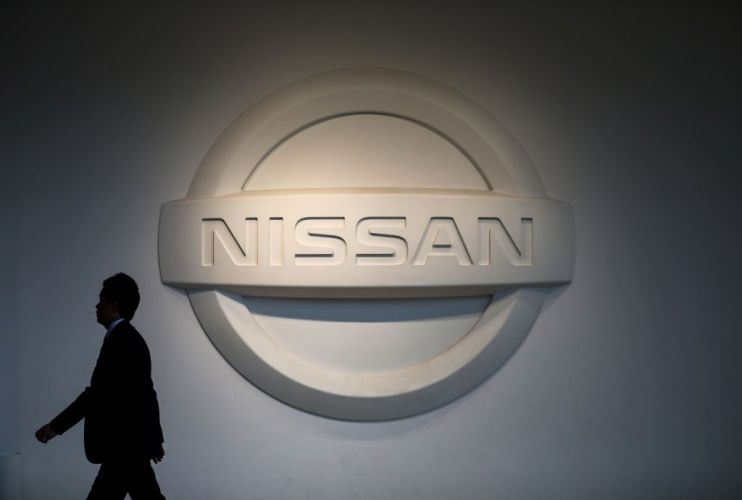Nissan plans to increase UK market share in Brexit contingency plan

Nissan has drawn up a contingency plan to pull out of Europe if Brexit leads to tariffs on car exports, but will double down on the UK.
The Financial Times reported that according to two people involved in the plan, drawn up last year, Nissan would close its Barcelona van facility and stop manufacturing in France.
The carmaker would keep its Sunderland plant in the UK because if other carmakers that import to Britain face tariffs, Nissan would have a competitive edge.
The carmaker hopes to increase its market share from 4 per cent to up to 20 per cent.
The contingency plan was drawn up before Makoto Uchida was installed as the new chief executive in December, according to the Financial Times.
Get the news as it happens by following City A.M. on Twitter.
In October last year Nissan’s European chairman, Gianluca de Ficchy, said the imposition of WTO tariffs of 10 per cent on vehicles would threaten “the entire business model of Nissan in Europe”.
The firm uses the Sunderland plant as a base for its European operations, but de Ficchy said that a hard Brexit would make it impossible to continue this model.
Nissan’s plant in Sunderland currently makes three of five core models – the Qashwai, the Juke and the electric Leaf. Under Nissan’s tariff scenario, the Micra would reportedly be moved back to the UK.
Boris Johnson will tomorrow set out a tough opening stance ahead of trade talks with the European Union. He is expected to say that the UK will refuse close alignment of rules and reject the jurisdiction of the European courts in any trade deal.
Foreign secretary Dominic Raab told Sky News: “We are taking back control of our laws, so we are not going to have high alignment with the EU, legislative alignment with their rules”
A spokesperson for Nissan said: “We deny such a contingency plan exists. We’ve modeled every possible ramification of Brexit and the fact remains that our entire business both in the UK and in Europe is not sustainable in the event of WTO tariffs.”
“We want our UK team of more than 7,000 people to have the best possible chance of future success, which is why we continue to urge UK and EU negotiators to work collaboratively towards an orderly balanced Brexit that will continue to encourage mutually beneficial trade.”